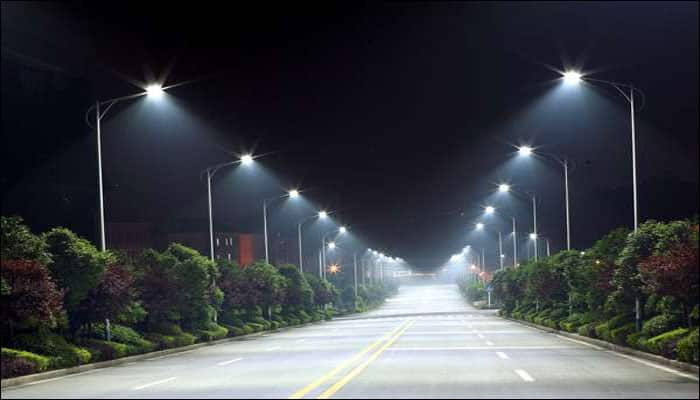New Delhi: A UK-based study has given rise to concerns with regard to the impact of LED lights on wildlife.
According to the study, while grassland patches lit by LED lighting at night attracted predatory spiders and beetles, there was a considerable reduction in the number of species affected when the lights were dimmed by 50% and switched off between midnight and 4:00 am.
LEDs made up just 9% of the global lighting market in 2011, but forecasts suggest they will account for 69% by 2020.
The findings of the study have led scientists to carry out more research of the effects of LEDs on plants and animals, saying that it (research) is an urgent requirement in order to understand how best to prevent unforeseen ecological effects.
"We are making fundamental changes to the way we light the night-time environment, with potentially profound consequences for a range of species," said Dr Thomas Davies, of the Environment and Sustainability Institute at the University of Exeter's Penryn Campus.
"The growth of LED lighting is an issue of global concern, and the number of documented impacts on the environment is growing rapidly.
"Our research shows that local authorities might be able to manage LED lighting in a way that reduces its environmental impacts. We now need to establish whether this is the case for a greater variety of species.
"Without appropriate management, our results suggest that the growing use of LED lighting will have impacts on the abundance of predatory invertebrates, potentially leading to knock on effects for other species in grassland food-webs," Phys.org reported.
Dr Davies added: "While these approaches helped to reduce the number of ground dwelling spider and beetle species affected by LED lighting to varying degrees, our study also shows that avoiding these impacts may ultimately require avoiding the use of LEDs and night-time lighting more generally."
As per Phys.org, researchers compared the ecological impacts of a range of lighting strategies being used by local authorities to save money and cut CO2 emissions - including changing the spectrum of colours produced by the lights, dimming them and switching them off from midnight to 4:00 am.
















